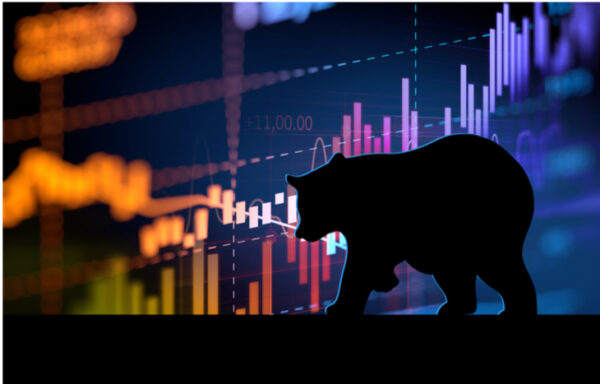What Boris Johnson’s Election Victory Means for Britain
- United Kingdom voters lined the blocks around polling stations last week to cast their ballots in the most important election of a generation.
- Nicholas Vardy explains what the Conservative Party’s definitive victory means for Britain.
Before Election Day on December 12, the lines in front of polling stations in London had never been longer.
British voters came out to cast their votes in the most important British election in a generation.
By the morning of Friday, December 13, voters woke up to yet another shocking election result.
Prime Minister Boris Johnson’s Conservative Party achieved a stunning majority in Parliament.
The British pound surged 2.5% against the U.S. dollar, hitting its highest level since May 2018.
The FTSE 250 Index of U.K. shares jumped by 5% at the open.
Royal Mail soared 10% on the news the Labour Party’s planned nationalization would not come to pass.
The news is still fresh.
But here are three outcomes that are all but assured.
No. 1: Brexit Secured
Johnson’s Conservative Party won 365 seats in Parliament. It was the Conservative Party’s best result since Margaret Thatcher’s victory in 1987.
Meanwhile, the rival Labour Party had its worst showing since 1935, winning a mere 203 seats.
Johnson declared that Brexit was now the “irrefutable, unarguable” decision of the British people.
He now has the votes to push through the withdrawal deal he negotiated with the EU by January 31.
Yet there is an elephant in the room. Decoupling the British economy from the EU remains a massive challenge.
The U.K. will now enter a period where nothing changes. Johnson wants this transition period to end by the close of 2020.
This deadline is ambitious. Conventional wisdom suggests the deadline will be extended to 2022. Until negotiations with the EU finish, talks with other trade partners, including the U.S., will be put on hold.
No. 2: Saved From Socialism
Whether pro- or anti-Brexit, the prospect of Labour victory was terrifying to U.K. businesses.
The head of the Labour Party is a Bernie Sanders-like character named Jeremy Corbyn.
His vision for the Labour Party was far from former Labour Prime Minister Tony Blair’s “Cool Britannia.”
The Labour Party’s platform included massive tax increases, the nationalization of utilities and the expropriation of landlords by tenants.
The Labour’s collection of policies made even Elizabeth Warren appear Reagan-esque.
Brexit or no Brexit, British voters made it clear they had no appetite for Cuban-style socialism.
The U.K. economy dodged a fatal political bullet.
No. 3: Charisma Trumps Competence
“The economy, stupid,” summarized the strategy of Bill Clinton’s 1992 election campaign.
Conventional wisdom had it that the electorate votes its wallet.
But today, voters also follow their gut. And when they do, they favor iconoclasts like Johnson.
Much like President Trump, Johnson is a divisive figure.
He started his career as a journalist. There he honed both his rhetorical tools and his penchant for exaggeration.
Johnson ascended the political ladder steadily. He was mayor of London, foreign secretary (the equivalent of secretary of state) and then prime minister.
The key to his success? A combination of stubbornness, boisterousness and bluster.
Here’s the irony: No one who works with Johnson trusts him, not even his supporters.
Still, British voters bought into the idea that this towheaded, tubby member of the upper class represented the popular interest.
Sound familiar?
The Glass Half Full
Pessimism has dominated Britain since the June 2016 Brexit vote.
But despite the gloom and doom, the U.K. economy is hardly on the ropes.
The U.K. budget deficit as a percentage of GDP fell to a mere 1.2% last March. The unemployment rate is 3.8%. Real (after inflation) wages are rising.
For investors, any decisive resolution is better than no resolution at all.
Johnson’s election has resolved the uncertainty surrounding Brexit.
Expect all British assets – the pound, British shares and London real estate – to rebound sharply.
[adzerk-get-ad zone="245143" size="4"]About Nicholas Vardy
An accomplished investment advisor and widely recognized expert on quantitative investing, global investing and exchange-traded funds, Nicholas has been a regular commentator on CNN International and Fox Business Network. He has also been cited in The Wall Street Journal, Financial Times, Newsweek, Fox Business News, CBS, MarketWatch, Yahoo Finance and MSN Money Central. Nicholas holds a bachelor’s and a master’s from Stanford University and a J.D. from Harvard Law School. It’s no wonder his groundbreaking content is published regularly in the free daily e-letter Liberty Through Wealth.






